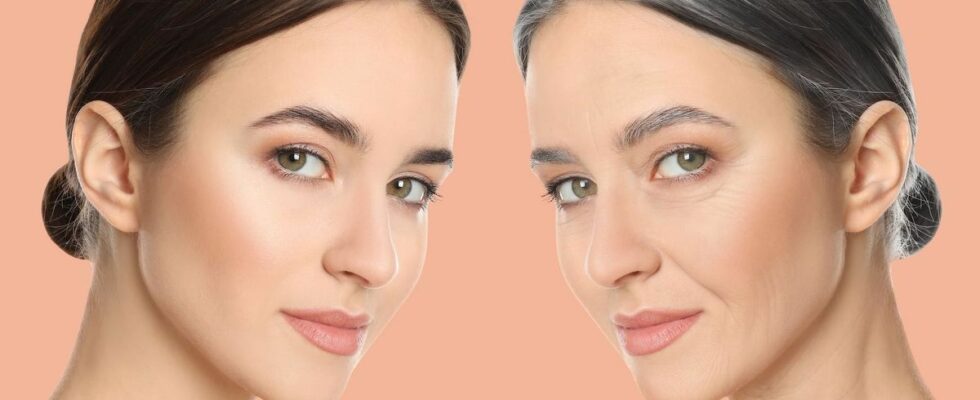Published on
Updated
Reading 2 min.
Do you know what your real biological age is? Longevity specialists have developed a tool based on artificial intelligence to evaluate it online. Discover this test now.
While you may know the number of candles on your birthday cake (chronological age), few people know their biological age. This reflects the real state of health of your body and more specifically of your arteries. Let’s see together how to measure it using 24 questions designed by renowned longevity experts.
Biological age, an interesting indicator of your state of health
Although biological age depends on many factors (diet, regular exercise, etc.), it nevertheless gives a general indication of your state of health.
Two longevity experts, Dr. Su-In Lee and Dr. Matt Kaeberlein of the University of Washington, conducted a study that helped develop a “second generation biological clock“. Depending on your results or rather the gap between your biological age and your real age, you have a good indicator of your state of health.
- A younger biological age – or one that matches chronological age – can mean that your body, organs and cells are functioning optimally, thanks to healthy lifestyle choices. They can reflect a good diet, regular physical activity, quality sleep, effective stress management and the absence of bad habits (such as smoking or excessive alcohol consumption).
- On the other hand, if biological age appears to be higher than chronological agelongevity researchers warn that it may indicate a higher risk of cardiovascular disease, diabetes and early death.
The test developed by the longevity company NOVOS allows you to have an initial idea of your biological age.
“We want to give people free tools they can use to live longer, healthier lives. Everyone deserves to know their biological age and how lifestyle changes can slow it down,” reveals Chris Mirabile, founder of NOVOS.
While the tool does not replace more in-depth tests, such as a blood test (which examines various biological markers such as telomeres, protein levels, molecular damage induced by oxidative stress, etc.), the questions designed by longevity experts nevertheless cover a number of points:
- The individual’s ethnic origin;
- Genre ;
- The level of education
- The lifestyle ;
- Weight gain ,
- Alcohol consumption ;
- etc.
Want to know more? All you need is an email address. The test is free. Get started!
